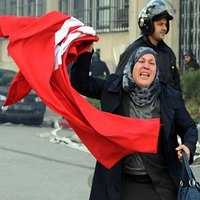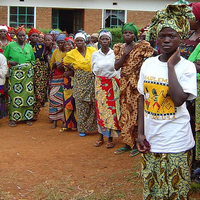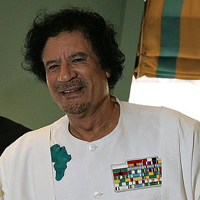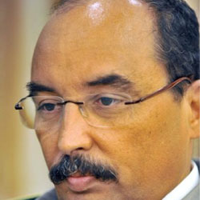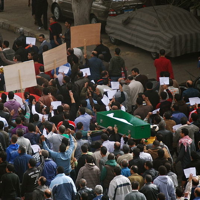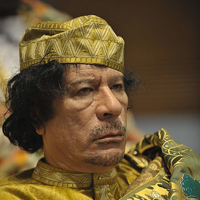
The rapidly spreading chaos in Libya should give the American people pause, and may end up giving the U.S. military another item to add to its endless to-do list. Setting the stage for what might be called the battle for Tripoli, anti-government forces and rebel military units are moving from the country’s apparently “liberated” east to face off against Moammar Gadhafi’s Praetorian Guard of tribal and regime loyalists. The New York Times described “clusters of heavily armed men in mismatched uniforms clutching machine guns,” “dozens of checkpoints operated by . . . plainclothes militiamen,” and “machine-gun toting foreign mercenaries” stalking […]

